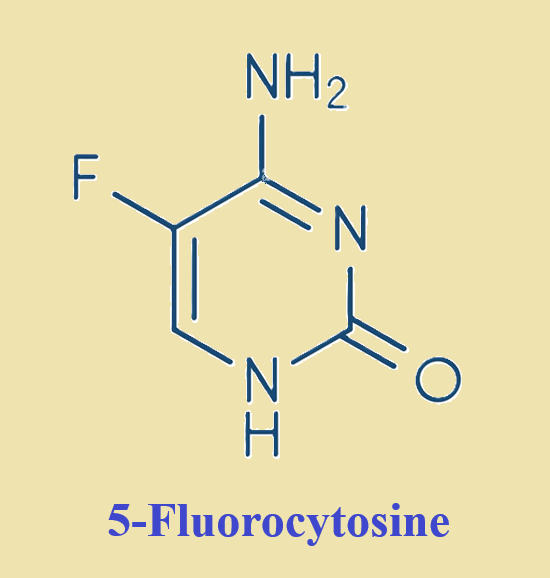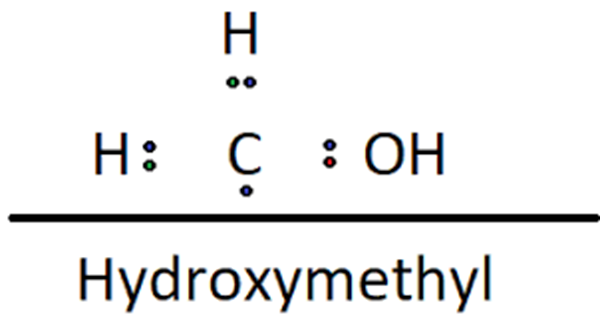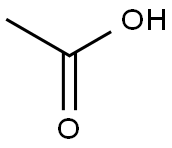What is the Composition of Vinegar and is it Acidic or Alkaline?
Feb 28,2024
White vinegar is a staple in many households, prized for its versatility. Beyond its role as a potent cleaning agent, white vinegar offers numerous health benefits and enhances the flavor of dishes, making it a kitchen essential.
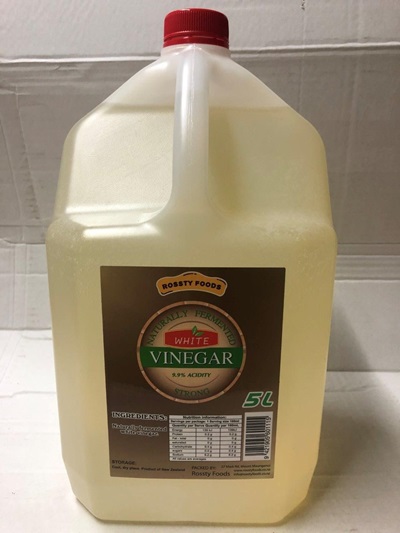
Composition
Standard white vinegar typically consists of a clear liquid comprising 4 - 7% acetic acid and 93 - 96% water. While some variants may contain up to 20% acetic acid, these are primarily intended for cleaning or agricultural purposes and are unsuitable for culinary use.
Historically, white vinegar has been derived from the fermentation of various foods, including beets, potatoes, honey, sugar, or whey. The specific method of vinegar production often varied depending on the available food sources in different regions.
In contemporary times, the majority of white vinegar is produced through the fermentation of grain alcohol (ethanol). Since this alcohol lacks many natural nutrients, additional ingredients such as yeast or phosphate are typically introduced to initiate bacterial fermentation.
Application
Due to its potent antibacterial properties, white vinegar serves as an effective home disinfectant and surface cleaner for a variety of household items and appliances. Common surfaces easily cleaned with white vinegar include:
- Countertops
- Showers and Bathtubs
- Toilets
- Floors
- Dishwashers
- Windows
- Mirrors
- Coffee makers
- Laundry (for stain removal)
Moreover, white vinegar finds utility in gardening applications. It can effectively eliminate weeds and prolong the freshness of flowers in a vase.
For optimal results in home cleaning, it's recommended to use a 50/50 ratio of vinegar to water. When targeting garden weeds, pure vinegar is most effective.
Acidic
Since the vinegar is composed with acetic acid and water, it is acidic, with a pH of 2–3.
- Related articles
- Related Qustion
- Acetic acid polarity and related applied research Dec 19, 2023
Acetic acid is a hydrophilic (polar) solvent commonly used in laboratories, similar to ethanol and water.
- Acetic Acid - Application in Meat Processing & Food Industry Mar 10, 2022
Acetic or ethanoic acid is a monocarboxylic acid which occurs naturally in plant and animal tissues and is also a byproduct of ethanol oxidation by Acetobacter , Gluconobacter and other heterofermentative strains of lactic acid bacteria.
- What is Acetic acid? Oct 13, 2021
Acetic acid is present throughout nature as a normal metabolite of both plants and animals. Acetic acid may also be released to the environment in a variety of waste effuents, in emissions from combustion processes, and in exhaust from gaso
Yes. The therapeutic fluoropyrimidines 5-fluorouracil (5-FU) and 5-fluorocytosine (5-FC) have long been used to treat human cancer and severe invasive fungal infections, respectively.....
Dec 16,2024Biochemical EngineeringAcetic acid
64-19-7You may like
- Acetic Acid
-
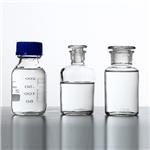
- $2.00/ kg
- 2024-12-17
- CAS:64-19-7
- Min. Order: 10000kg
- Purity: 99%
- Supply Ability: 10000000
- Acetic acid
-
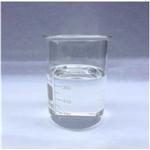
- $1117.00 / 200kg
- 2024-12-12
- CAS:64-19-7
- Min. Order: 200kg
- Purity: 99.99%
- Supply Ability: 100Tons
- Glacial acetic acid
-

- $1.00 / 1KG
- 2024-11-08
- CAS:64-19-7
- Min. Order: 1KG
- Purity: 99%
- Supply Ability: 10mt




